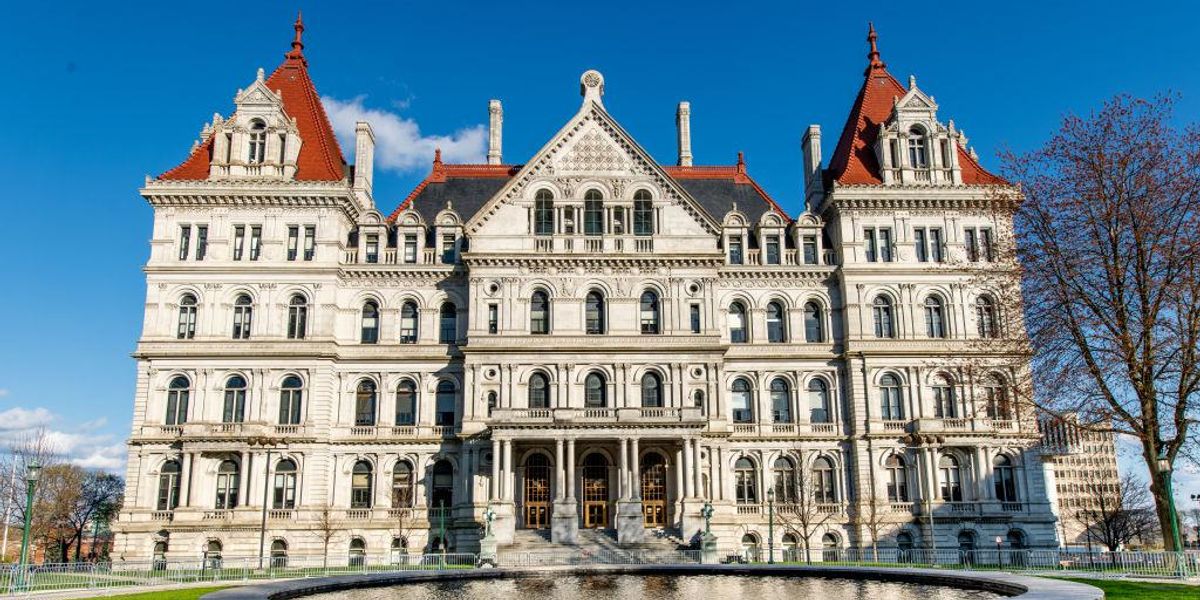In a potential precedent-setting move, the New York State Senate has passed a bill that limits the ability of prosecutors using song lyrics and other forms of "creative expression" as evidence in court.
Having already garnered public support from the likes of Jay-Z, Meek Mill, Killer Mike, Fat Joe and more, the bill would not outright ban the use of rap lyrics in criminal cases but instead would require prosecutors to show to a jury that the material they are presenting is “literal, rather than figurative or fictional.” Sponsored by Senators Jamaal Bailey and Brad Hoylman, Senate Bill S7527, otherwise known as “Rap Music on Trial,” is now set to move on to the New York State Assembly for a vote before it can be signed into law.
Considering that a similar companion bill proposed by Assembly member Catalina Cruz is currently sitting in committee awaiting a vote, it seems likely that the bill has a good chance of passing the general which would make it a the first of its kind in the nation. In 1992, the Supreme Court ruled in the case of Dawson v. Delaware that it is a violation of a person's First and Fourth Amendment rights to use protected speech as evidence in court if the speech is irrelevant to the case.
While this particular bill has been in the works for months now, its passage through the State Senate comes on the heels of Young Thug, Gunna and other members of YSL's indictment on RICO charges in Georgia which prosecutors heavily cite the rappers' lyrics and music videos as evidence. The issue of the admissibility of song lyrics (particularly rap lyrics for a host of intersectional socio-political reasons) has long been a point of legal contention for the courts.
In 2001, No Limit rapper Mac Phipps was convicted of manslaughter in a case that heavily referenced his lyrics as evidence. The case has been criticized in the years since, with five witnesses accusing prosecutors of intimidation in 2015; the lead prosecutor ended up being sentenced to four years in prison for corruption and fraud in 2017. Phipps was released last year having served 21 years out of his 30 years sentence.
“Criminal cases should be tried on factual evidence not the creative expression of an artist, but unfortunately hip-hop has been held to a very different standard in the criminal justice system within the last three decades,” Phipps said in a statement Tuesday. “The passage of the New York bill gives me hope that situations like the one that I faced will be prevented from happening to other artists in the future.”
Photo via Getty/ Roy Rochlin
